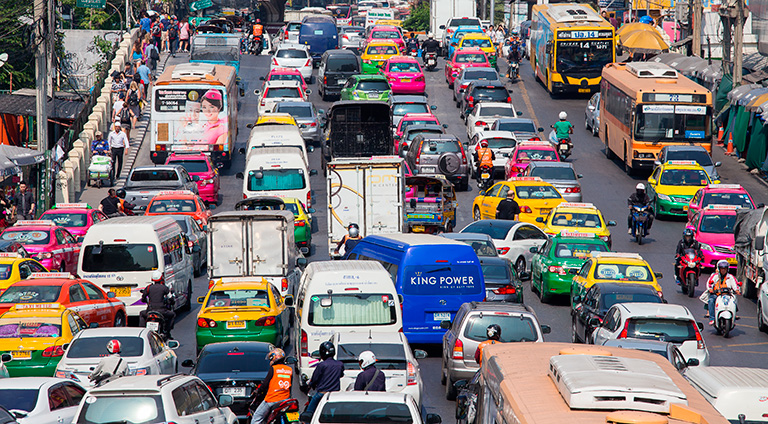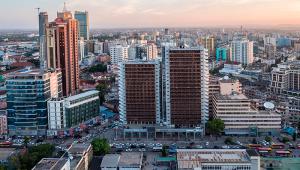Traffic-jam,-Bangkok-shutterstock_278669981.jpg

Traffic jam in Bangkok, Thailand
The platform, supported by a range of other development banks, UN organisations, think-tanks and city networks, is a knowledge-sharing programme that will provide access to tools and promote an integrated approach to sustainable urban financing and planning.
Nakao Ishii, GEF chief executive and chair, said in a rapidly urbanising world, how we design and build cities plays a critical role in protecting the planet’s finite environmental resources.
“If planned and managed well, compact, resilient, inclusive and resource-efficient cities can drive development, growth and the creation of jobs, while also contributing to a healthier, better quality of life for residents and the long term protection of the global environment.”
The initiative is designed to help mayors and other municipal leaders make more informed decisions in the day-to-day management of their cities, including access to clean water, energy, transport, and efforts to mitigate climate change.
It encourages evidence-based approaches to urban planning, such as use of geospatial data and urban sustainability indicators.
Ede Ijjasz-Vasquez, senior director of the World Bank’s social, urban, rural and resilience global practice, said linking such knowledge to finance is critical to directing investment flows to quality and sustainability.
“We see this platform as a great opportunity to connect cities not only to cutting-edge knowledge, but also development banks and finance institutions,” he said.
“The World Bank will work closely with the partner institutions and existing city networks to build a broad cooperation to support cities in translating knowledge into action and investment.”
In particular the initiative hopes to provide cities with ways to help confront issues like climate change, to which they are uniquely vulnerable. Almost half a billion urban residents live in coastal areas, exposed to storm surges and sea level rise.
Cities also consume over two-thirds of the world’s energy supply, and are responsible for 70% of greenhouse gas emissions.
The platform is part of a wider GEF sustainable cities scheme that hopes to mobilise $1.5bn for urban sustainability programmes in 11 developing countries over the next five years.
By 2050, more than 2 billion people are expected to live in cities – a 50% increase from today. The vast majority of urban growth will occur in developing countries, mostly in Asia and Africa.












